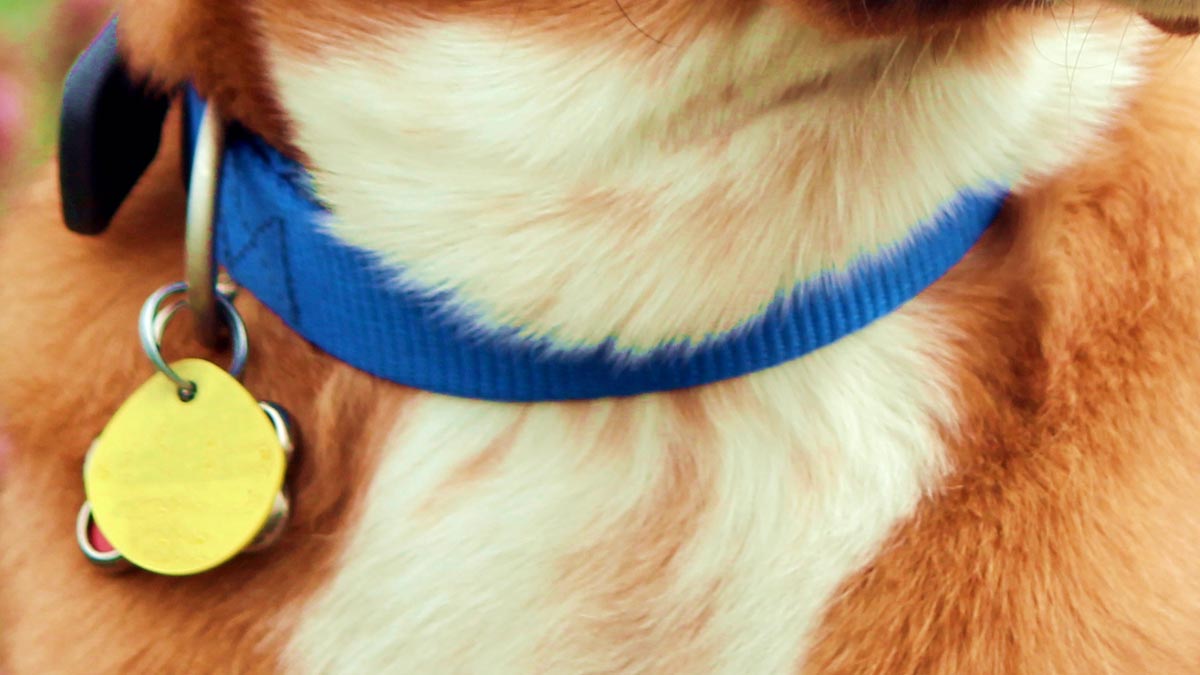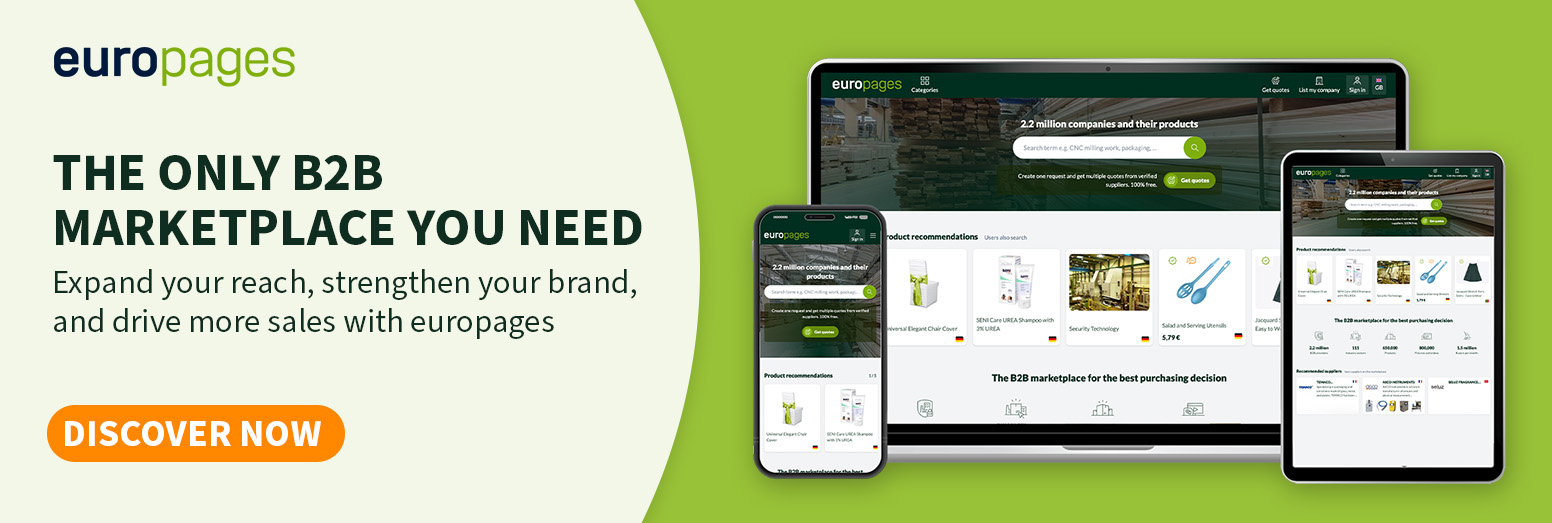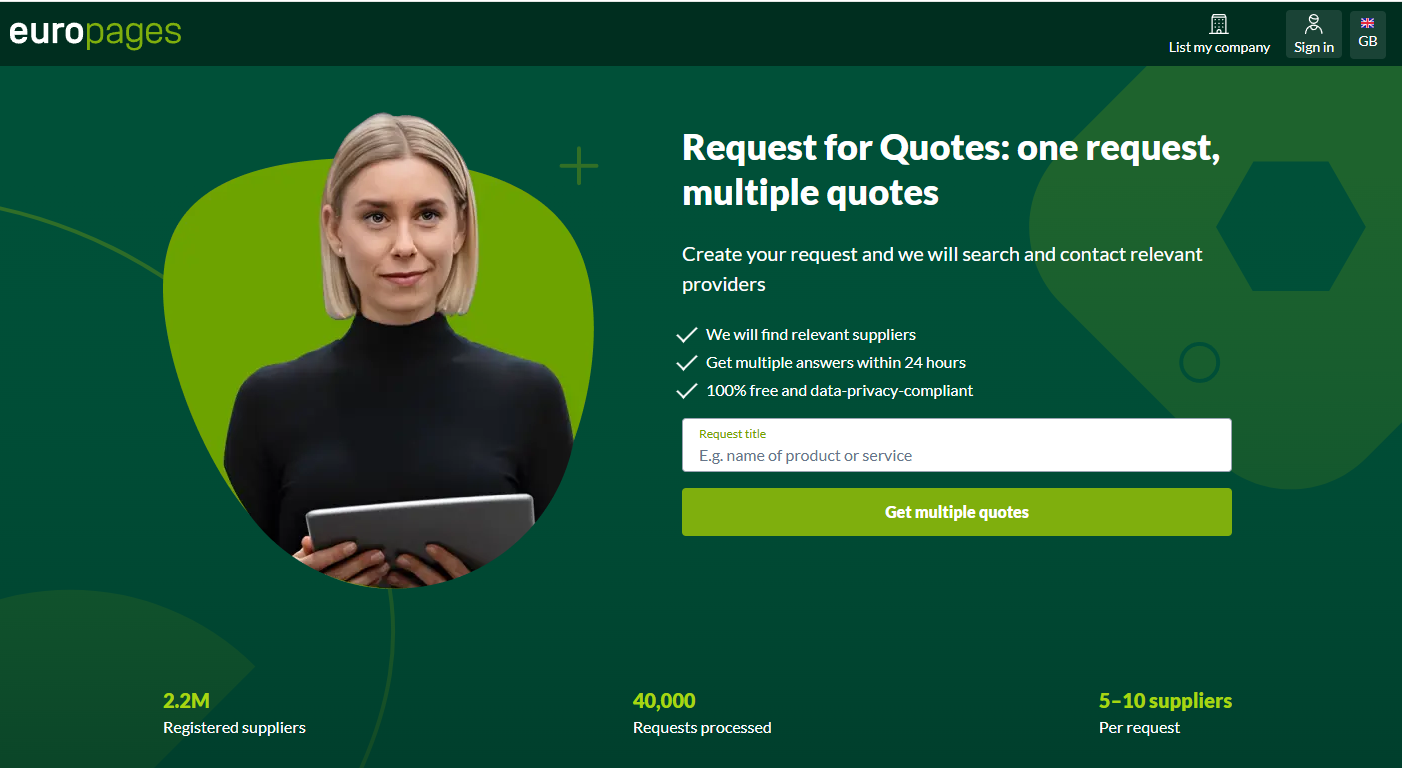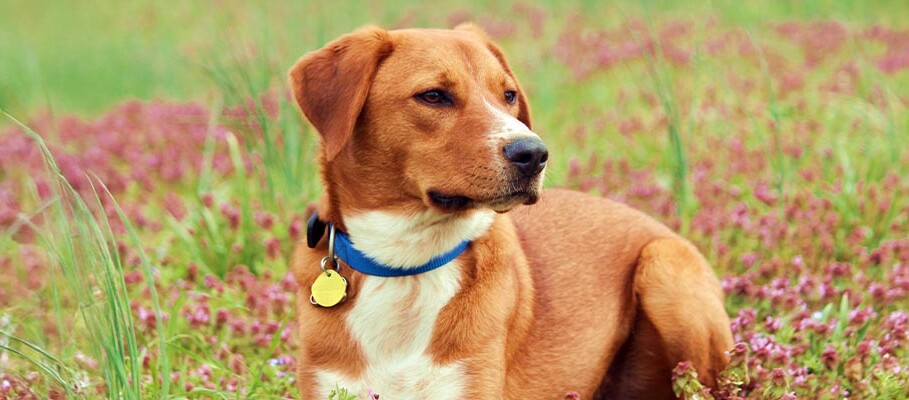Table of Content
- The Ever-Expanding Pet Market: A B2B Opportunity
- Customization: Meeting the Demand for the Personal Touch
- Dog Collars: More Than Just Identification
- Dog Toys: Engaging, Personalized Playtime
- Beyond Collars and Toys: Expanding the Customization Horizon
- The Benefits of Personalization: A B2B Perspective
- Potential Drawbacks and Challenges of Customization
- Implementing a Customization Strategy: A Roadmap for B2Bs
- Pro Tip: Leverage Data for Hyper-Personalization
- Conclusion: Embracing the Future of Pet Product Personalization
1. The Ever-Expanding Pet Market: A B2B Opportunity
The global pet market is experiencing unprecedented growth. According to a report by Grand View Research, the global pet care market size was valued at USD 241.07 billion in 2023 and is expected to grow at a compound annual growth rate (CAGR) of 6.1% from 2023 to 2030. This growth is fueled by several factors, including increasing pet ownership rates, a growing awareness of pet health and wellness, and the humanization of pets. This means pets are no longer just animals; they are considered integral family members.
This trend translates directly into increased spending. Pet owners are willing to invest in premium products and services that cater to their pets' individual needs and preferences. This includes everything from specialized diets and grooming services to, you guessed it, personalized gear. For B2B companies in the pet industry, this represents a significant opportunity to cater to this growing demand and build stronger customer relationships. Are you tapping into this expanding market effectively?
2. Customization: Meeting the Demand for the Personal Touch
Customization is no longer a niche trend; it's a core expectation for many consumers. In the pet industry, this translates to products that reflect a pet's unique personality, breed, or even the owner's personal style. This goes beyond simply choosing a color or size. It involves offering options that allow for a truly individual touch, such as:
- Monogramming: Adding a pet's name or initials to a collar, coat, or bed.
- Custom Designs: Offering unique patterns, colors, or even the ability to upload custom artwork.
- Material Choices: Providing a range of materials to suit different needs and preferences (e.g., waterproof, hypoallergenic, extra-durable).
- Size and Fit Adjustments: Ensuring a perfect fit for every pet, regardless of breed or body type.
- Functional Add-ons: Including options like reflective strips for safety, GPS tracker pockets, or attachments for specialized training.
By offering these options, B2B companies can empower retailers to provide their customers with products that feel truly special and one-of-a-kind.

3. Dog Collars: More Than Just Identification
Dog collars have evolved far beyond their basic function of holding an ID tag. Today, they are fashion statements, safety devices, and even training tools. Customization options for dog collars are incredibly diverse:
- Material Variety: Leather, nylon, biothane, hemp, and even recycled materials cater to different needs and preferences.
- Color and Pattern Explosion: From vibrant solids to intricate patterns, the choices are endless. Custom printing allows for truly unique designs.
- Hardware Options: Buckles, clasps, and D-rings can be customized for style and functionality.
- Embroidery and Engraving: Adding a pet's name, phone number, or a fun phrase directly onto the collar.
- Reflective Elements: Enhancing visibility for nighttime safety.
- Smart Collars: Integrating technology like GPS tracking or activity monitoring.
The ability to offer customized dog collars allows B2B businesses to cater to a wide range of customer needs and preferences, driving sales and fostering loyalty.
4. Dog Toys: Engaging, Personalized Playtime
Dog toys are essential for a dog's physical and mental well-being. Customization in this area can enhance engagement and cater to specific play styles and needs:
- Material Selection: Offering toys made from different materials, such as durable rubber for heavy chewers, soft plush for cuddlers, or natural materials for eco-conscious owners.
- Size and Shape Variations: Providing toys appropriate for different breeds and sizes of dogs.
- Interactive Features: Incorporating elements like squeakers, crinkle sounds, or treat-dispensing compartments.
- Personalized Text or Designs: Adding a pet's name or a fun design to a toy.
- Subscription Boxes: Curating personalized toy selections based on a dog's breed, age, and play preferences.
By offering customized dog toys, B2B companies can provide retailers with products that truly resonate with their customers, leading to increased sales and repeat business.
5. Beyond Collars and Toys: Expanding the Customization Horizon
While dog collars and dog toys are prime candidates for personalization, the possibilities extend to a wide range of other pet products:
- Dog Coats: Custom-fit dog coats for different weather conditions, with options for personalized embroidery or reflective elements.
- Dog Beds: Offering beds in various sizes, shapes, and materials, with the option to add a pet's name or choose custom fabrics.
- Food and Water Bowls: Personalized bowls with a pet's name or a unique design.
- Harnesses: Custom-fit harnesses with options for personalized patches or embroidery.
- Pet Carriers: Carriers with personalized name tags or custom-printed designs.
- Perfect pet insurance: While not a physical product, even services can offer an element of customization. For instance, pet insurance policies, such as those akin to perfect pet insurance, can be customized, offering pet owners options for deductibles, coverage levels, and add-ons like wellness plans. This customization allows owners to tailor a plan that fits their pet's specific health needs and their budget, reflecting a broader trend toward personalization in all aspects of pet care. Even perfect pet insurance, isn’t a physical object, it is a service that is customizable.
By exploring these additional avenues for customization, B2B companies can solidify their position as innovative leaders in the pet industry.
6. The Benefits of Personalization: A B2B Perspective
Offering customized dog gear provides several key advantages for B2B businesses:
- Increased Customer Loyalty: Personalized products create a stronger emotional connection between the customer and the brand. When a pet owner feels that a product is truly made for their dog, they are more likely to become repeat customers.
- Higher Perceived Value: Customized products are often perceived as being of higher quality and value, allowing for premium pricing.
- Competitive Differentiation: In a crowded market, customization allows businesses to stand out from the competition and offer something unique.
- Enhanced Brand Image: Offering personalized options positions a company as innovative and customer-focused.
- Stronger Retailer Relationships: Providing retailers with the tools to offer customization strengthens their relationship with their customers and, in turn, strengthens your relationship with the retailer.
- Data Collection Opportunities: Customization requests can provide valuable data about customer preferences, allowing for more targeted product development and marketing efforts.
- Increased Sales and Revenue: The combination of higher perceived value, increased loyalty, and competitive differentiation ultimately leads to increased sales and revenue.
- Better Inventory Management: With on-demand customization, businesses can reduce the need for large inventories of pre-made products, minimizing waste and storage costs.
Are you a professional specialized in dog products and do you want to offer your services? Then request a consultation with our team: https://supplier.europages.com/en/rfc

7. Potential Drawbacks and Challenges of Customization
While the benefits of personalization are significant, it's important to acknowledge the potential drawbacks and challenges:
- Increased Production Costs: Customizing products typically involves higher production costs compared to mass-produced items.
- Longer Lead Times: Customization can add time to the production and delivery process.
- Complexity in Order Fulfillment: Managing custom orders requires a robust and efficient order fulfillment system.
- Potential for Errors: The more customization options offered, the greater the potential for errors in production.
- Inventory Management (if not on-demand): If customization is not done on-demand, managing inventory of various components and materials can be complex.
- Scalability Challenges: Scaling a customization program can be difficult, especially for smaller businesses.
- Training and Expertise: Staff may require additional training to handle custom orders and operate specialized equipment.
It's crucial for B2B companies to carefully weigh these challenges against the benefits and develop strategies to mitigate potential risks.
8. Implementing a Customization Strategy: A Roadmap for B2Bs
Implementing a successful customization strategy requires careful planning and execution. Here's a roadmap for B2B businesses:
- Market Research: Thoroughly research your target market and identify the specific customization options that are most in demand.
- Technology Investment: Invest in the necessary technology and equipment, such as embroidery machines, laser engravers, or digital printing equipment. Consider a print-on-demand service to minimize upfront investment.
- Streamlined Ordering Process: Develop a user-friendly online ordering system that allows retailers to easily place custom orders.
- Production Workflow Optimization: Optimize your production workflow to ensure efficient and accurate fulfillment of custom orders.
- Quality Control: Implement rigorous quality control measures to minimize errors and ensure customer satisfaction.
- Pricing Strategy: Develop a pricing strategy that reflects the added value of customization while remaining competitive.
- Marketing and Promotion: Clearly communicate your customization offerings to retailers and provide them with marketing materials to promote the products to their customers.
- Training and Support: Provide training and support to your staff and retail partners to ensure they are comfortable with the customization process.
- Partnerships: A great way to boost your sales is to showcase your products on a B2B marketplace.
9. Pro Tip: Leverage Data for Hyper-Personalization
Go beyond basic customization by leveraging data to offer hyper-personalized products and experiences. Collect data on customer preferences, purchase history, and even dog breed information (with appropriate consent). Use this data to:
- Recommend Specific Products: Suggest products that are tailored to a dog's breed, size, age, and activity level.
- Offer Personalized Promotions: Create targeted promotions based on individual customer preferences.
- Develop New Products: Identify unmet needs and develop new products based on data-driven insights.
- Create Personalized Content: Develop blog posts, articles, or social media content that is relevant to specific customer segments. By using data intelligently, you can create a truly personalized experience that sets you apart from the competition.
Get tailored quotes from suppliers that match your specific requirements. Start now by using our "Request for Quotes" page.

10. Conclusion
The trend toward personalization in the pet industry is only going to continue to grow. B2B companies that embrace customization and offer innovative, high-quality personalized products will be well-positioned to succeed in this evolving market.
By carefully considering the benefits and challenges, and by implementing a well-planned strategy, businesses can leverage the power of personalization to build stronger customer loyalty, increase sales, and drive long-term growth. The future of the pet industry is personal, and it's time for B2B companies to embrace it.
Are you ready to take the next step and explore the world of personalized pet products?
Here is an interesting study about the preference of dogs towards feeding toys from ScienceDirect.
Feel free to read our insightful articles about cat products on europages!
Cats and Nutrition: Wet or Dry Food for Cats?
Sustainable Cat Food: Eco-Friendly Options for the B2B Market
Eco-Friendly Litter for Cats: Sustainable B2B Solutions
Find dog products for your project! You can ask for quotes from suppliers here:
TEXCORP Sp. z o.o. manufactures durable, comfortable, and easy-to-clean pet beds in various sizes, shapes, and types (including orthopedic options) to meet the needs of different animals and their owners.
BeckerComPlanGmbH, initially founded to offer purchasing advantages to businesses, shifted its focus to producing species-appropriate pet food and related products after the founder's research revealed concerning ingredients in common pet foods.
K’wouaff, founded in 2014, offers a wide range of high-end pet products and accessories, including grooming supplies, for both pet owners and professionals in the animal care industry.
MABELPIEL, a Córdoba-based company with over 35 years of experience, manufactures and distributes high-quality, complaint-free dog collars and leashes throughout Europe, offering a wide variety of designs and guaranteeing timely delivery and competitive pricing to its 1000+ clients.
BIMORDISCOS, founded in 2018, provides natural and healthy chew toys, toys, and single-ingredient dehydrated snacks for dogs and cats, prioritizing pet dental health and well-being.
Mol B.V., a European leader in private label manufacturing and distribution for the pet industry, offers a wide range of customizable pet accessories, including collars, leashes, harnesses, toys, and more, along with metal hardware and leather materials, serving B2B clients globally with efficient supply chain solutions.

